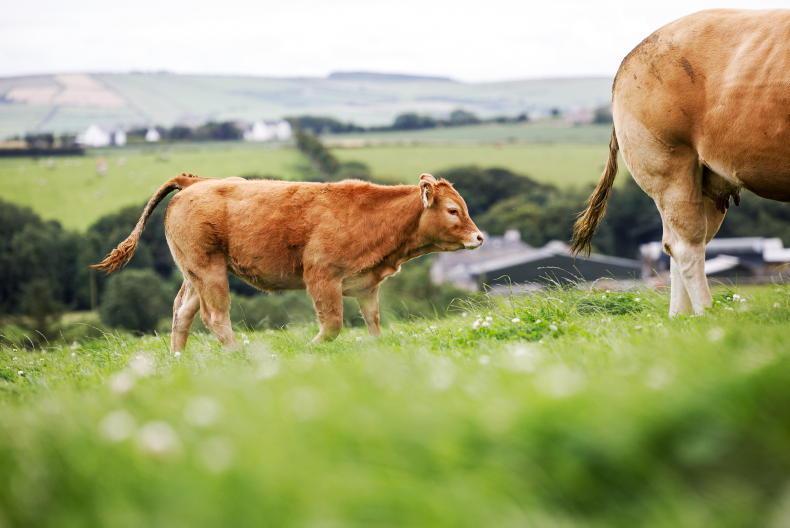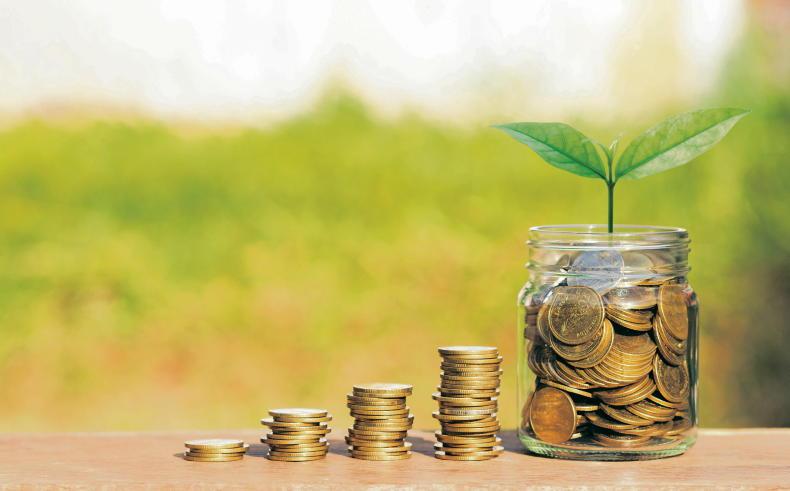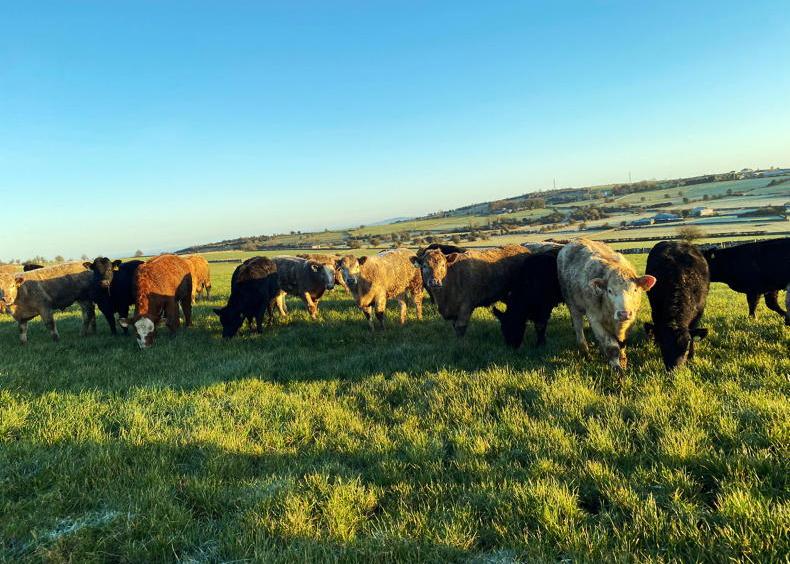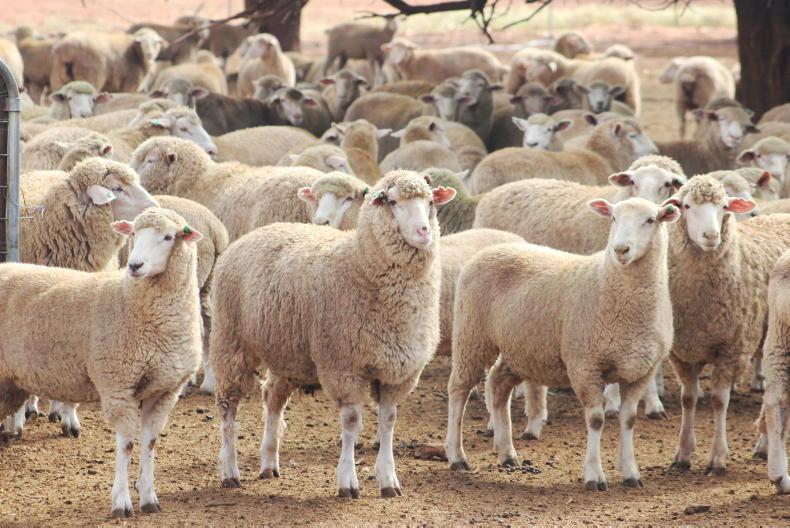Approximately 700 new farmers will be participating in the Organic Farming Scheme in 2025, subject to them meeting all scheme requirements.
Organic Farmers must be registered with an organic certification body, attend a 25-hour training course in their first year farming organically, submit a BISS application form annually and comply with organic standards.
In September of this year, a new National Organic Strategy was launched, and one of its key objectives is to more than treble the value of Irish organic produce, to €750 million, by 2030.
Minister of State at the Department of Agriculture Senator Pippa Hackett said that there is ongoing investment in the organic sector in Ireland, which has grown at pace over the past four years.
"Many farmers in Ireland are at stocking rates where they can grow enough grass without buying expensive fertiliser, so converting to organic farming makes business sense as well as bringing environmental benefits.
Growing multispecies swards and red clover silage reduces the need for expensive chemical fertilisers and imported concentrates. Huge opportunities also exist for organic farmers to grow arable crops to meet the demand for organic livestock feed and food grade oats, which has more than doubled in the last few years.
Minister Hackett added that there is double the number of young and female farmers in the organic scheme compared to those using chemical inputs.
"Teagasc is continuing research next year which will set out blueprints for organic beef and lamb production, and Bord Bia will continue to open markets for Irish organic produce.
"For those who have not yet converted but who might be considering it, I would encourage them to attend one of the many organic farm walks that will take place next year and see for themselves what they are missing out on. I would like to welcome our new organic farmers and assure all organic farmers that our priority is to ensure the success of the sector as it continues to grow," she said.










SHARING OPTIONS